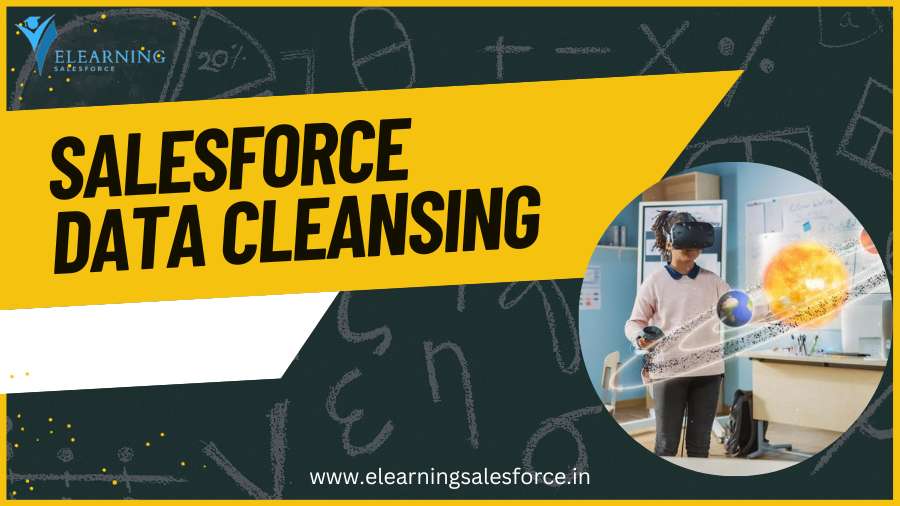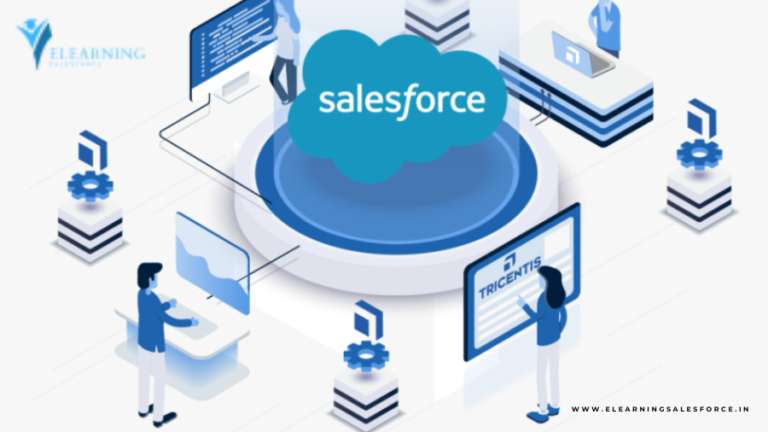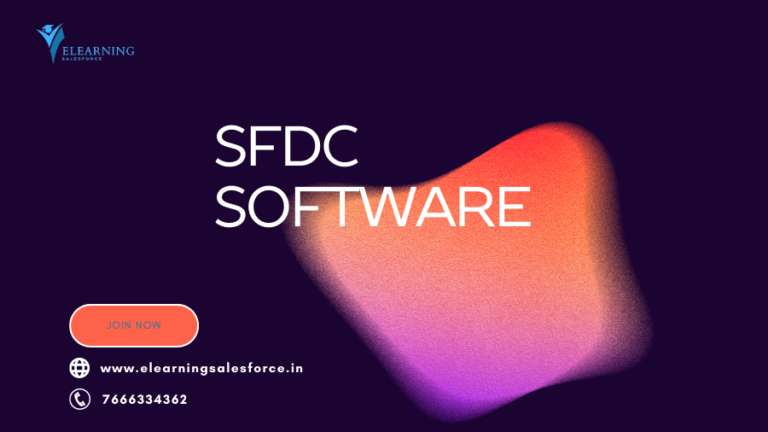Introduction:
In the dynamic world of customer relationship management (CRM), Salesforce stands as a juggernaut, empowering businesses to build meaningful connections with their clients. However, the true potential of Salesforce can only be realized when your data is clean, accurate, and up-to-date. This comprehensive guide dives into the nuances of Salesforce data cleansing, offering valuable insights and practical tips to ensure your CRM is a well-oiled machine.
The Importance of Data Cleansing:
- Enhanced Decision-making: Pristine data is the bedrock of informed decision-making. Clean data in Salesforce ensures that every strategic move, from sales forecasts to marketing campaigns, is based on accurate information.
- Improved Customer Relationships: Salesforce is a tool for building and nurturing customer relationships. Clean data ensures that every interaction is personalized and relevant, fostering stronger connections and customer satisfaction.
- Increased Productivity: Salesforce users spend less time deciphering and correcting data errors when the system is well-maintained. This translates to increased productivity and efficiency across your organization.
- Accurate Reporting: Reliable reports are pivotal for gauging performance and identifying growth opportunities. Data cleansing ensures that your Salesforce reports reflect the true state of your business, enabling data-driven insights.
Steps for Effective Salesforce Data Cleansing:
- Data Audit: Begin by conducting a thorough audit of your Salesforce data. Identify duplicate records, incomplete entries, and any inconsistencies. This audit serves as the foundation for your data cleansing strategy.
- Implement Validation Rules: Leverage Salesforce’s validation rules to enforce data quality standards. This includes mandatory fields, proper formatting, and range validations. By implementing these rules, you prevent erroneous data from entering your system.
- Deduplication: Duplicate records are a common challenge in CRM systems. Salesforce provides robust tools for deduplication. Utilize features like Merge and Duplicate Management to identify and eliminate redundant data.
- Regular Updates: Encourage a culture of data stewardship within your organization. Regularly update and verify customer information. This ensures that your Salesforce database reflects the most recent and accurate details.
- Automation with Workflows: Leverage Salesforce workflows to automate data cleansing tasks. For example, set up workflows to automatically update records based on specific triggers or conditions, reducing manual intervention.
- Integrate Data Cleansing Tools: Explore third-party data cleansing tools that seamlessly integrate with Salesforce. These tools can enhance your data cleansing efforts by providing advanced features such as fuzzy matching and data enrichment.
- Training and User Adoption: Educate your Salesforce users on the importance of data quality. Provide training on data entry best practices and regularly communicate the impact of clean data on overall business success.
- Regular Backups: Before implementing significant data cleansing activities, ensure you have a reliable backup of your Salesforce data. This precautionary step safeguards against accidental data loss.
Conclusion:
Salesforce data cleansing is not a one-time task; it’s an ongoing commitment to maintaining the integrity of your CRM. As you embark on this journey, remember that the true value of Salesforce lies in the quality of the data it houses. By investing time and resources into a systematic data cleansing strategy, you unlock the full potential of Salesforce, turning it into a strategic asset that propels your business forward. Embrace the power of pristine data, and watch as your Salesforce CRM becomes a catalyst for success in the ever-evolving landscape of customer engagement.



